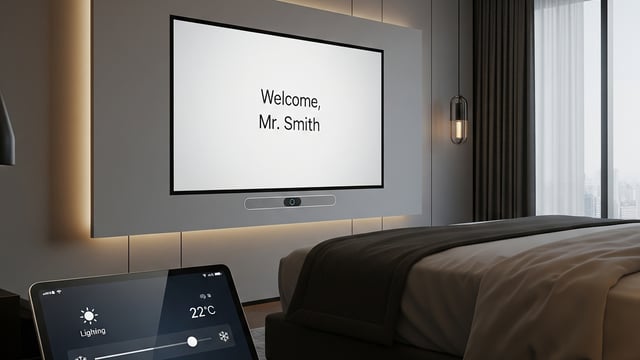
As a conference speaker and hotel trainer, I’m always interested whenever I see the title of an article, book, or blog post that has anything to do with guest service, hospitality, or customer service in general.
Over the years, I’ve noticed that most of the content I see about these topics focuses on providing something that is extra, above and beyond, outrageous, unreasonable, wow, or legendary. In fact, most of these words are even found in the titles of top selling books on hospitality and customer service.
These are all great concepts and, from what I’ve read, also great books. I’m all for entrusting front-line associates with the resources they need to proactively extend those little extras that mean so much. I’m also a huge advocate of giving all staff the authority to resolve issues and complaints directly, including the authority to offer compensation up to a set amount, as Horst Schulze, former CEO of The Ritz-Carlton Hotel Co., made famous decades ago.
Yet to me, focusing on the exceptional, occasional opportunity to amaze is simply not enough. Instead, our primary focus should be on providing guest service experiences that are “ordinarily extraordinary.”
Comping drinks or a meal, or sending extras like fruit baskets, flowers, or amenities, makes a good social media post, but what truly creates guest loyalty is the summation of dozens of seemingly little things throughout a guest’s stay.
Of course, lodging companies simply must provide an ordinarily extraordinary “physical product,” such as décor, furnishings, and amenities. I believe that these days most hotels excel at delivering on this need, perhaps due to stringent brand standards or even more so due to the power of online guest reviews that often include pictures of any shortcomings in maintenance, furnishing, or housekeeping.
Rather than looking to “wow” an occasional guest, it seems to me the biggest opportunity these days is for leaders of all levels to return their focus to the routine, daily, human interactions.
As anyone who started in the hotel industry a decade or more ago will recall, the orientation process typically included formal training on guest services and hospitality. Now, too often, the first day on the job is all about learning the tech involved in the job, which typically involves watching online videos on how to work the property-management system, point-of-sale, guest messaging apps, and other systems.
Yes, it’s great to encourage staff to proactively go above and beyond in providing extras, and to entrust them to immediately resolve routine issues and complaints. The problem is that the examples shared about these “legendary” service stories might actually be unreasonable for all but the luxury segments. In other words, the budget to send flowers, wine, or food to a guest is a lot smaller at midscale and economy properties, which make up the largest sectors of the lodging industry. Plus, the vast majority of guests do not even have extraordinary needs during their stay.
Sure, these occasional outrageous, unreasonable, “wows” may create a few cult followers, but enduring guest loyalty is the summation of seemingly “little things” throughout the guest’s stay.
If you really want to stand out, focus on providing experiences that are routinely, ordinarily, extraordinary. Here are some tips straight out of our KTN workshops and conference presentations to review at your next meeting:
- Do the basics extremely well and extremely consistently! Obsess on holding eye contact, smiling, and open body language.
- Acknowledge and greet guests first, before they greet you. Extend welcoming remarks before starting transactions. Make sure no one is ever greeted with “Checking in?,” “Just one?” or “What can I get you?”
- Be focused and fully present when engaging with guests. Don’t ask “How are you today?” unless you truly want to know.
- Listen with empathy when guests share their travel stories and drama.
- Look up from your computer work as guests approach. Greet guests first, before they greet you.
- When a long line is forming, break focus with the guest in front of you to briefly acknowledge guests who are waiting in line.
- Personalize every email or textual exchange. Introduce yourself. Sign with a name, not a department or title.
- When writing your response, paraphrase and restate what they sent you.
- Offer to call when it gets complicated.
- When responding to guest complaints, express empathy and understanding before apologizing and resolving.






